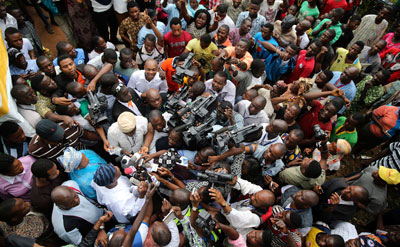Peter Nkanga/CPJ West Africa Representative
Peter Nkanga, an independent bilingual investigative journalist based in Abuja, Nigeria, is CPJ's West Africa representative. Peter specializes in human rights and advocacy reporting.
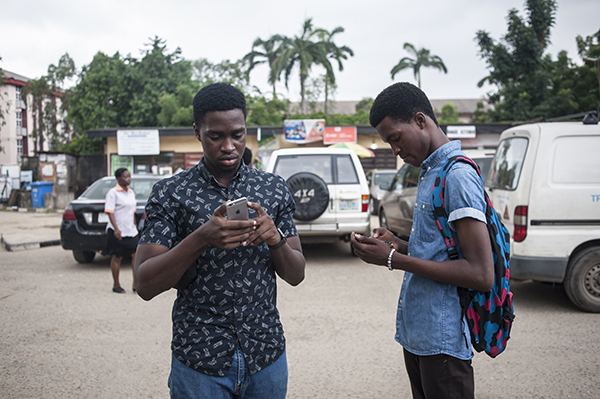
How Nigeria’s cybercrime law is being used to try to muzzle the press
Since Nigeria’s cybercrime act was voted into law in May 2015 authorities have used the accusation of cyber stalking to harass and press charges against at least five bloggers who criticized politicians and businessmen online and through social media.
CPJ joins call for Nigeria to drop anti-social media legislation
The Committee to Protect Journalists alongside 19 Nigerian, African and international organisations today signed an open letter addressed to the upper chamber of Nigeria’s parliament calling for the rejection of a bill which would undermine press freedom, stifle public opinion, and criminalize freedom of expression in Nigeria.
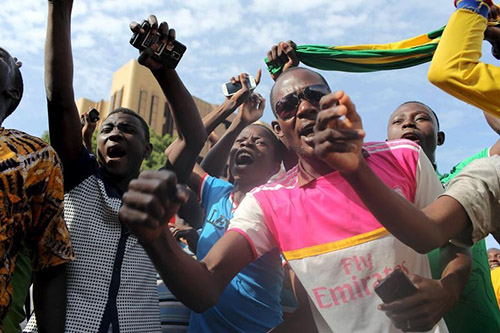
Resistance over the airwaves: Pirate station’s vital role during Burkina Faso coup
Radio Resistance was a pirate radio station born out of necessity. During Burkina Faso’s short-lived military coup last month, in which many local radio stations were forced off air, it kept citizens informed and gave them the courage to stand up against the attempted takeover, Burkinabe journalists said.
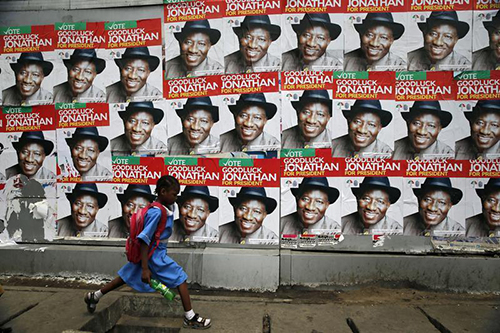
In election year, Nigeria’s press feeling the pressure
“Nobody is safe. Not the voter, not the journalist, not anybody!” The fears of Femi Adesina, president of the Nigerian Guild of Editors, is echoed by stakeholders and observers of Nigeria’s general election. Amid the tension in the run up to presidential and federal parliamentary elections on March 28, and governor and state parliamentary elections…
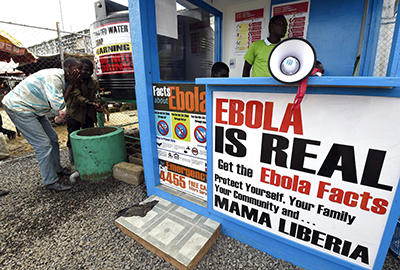
In Ebola-stricken countries, authorities and journalists should work together
The Ebola crisis in West Africa is unrelenting, and journalists on the frontline of reporting on the virus are caught between authorities wanting to control how the outbreak is reported, and falling victim to the disease themselves.
Nigeria targets independent newspapers
Nigerian authorities have been waging widespread attacks on nearly a dozen independent newspapers under the cover of fighting terrorism. By last weekend, no fewer than 10 newspapers had their operations nationwide disrupted, leading to the loss of hundreds of thousands of newspaper sales.
